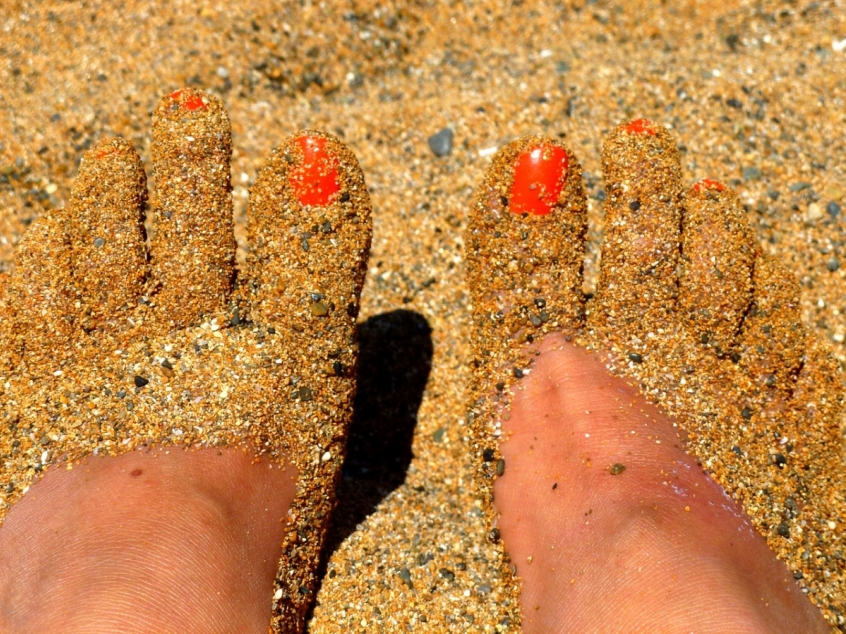
It's a well-known fact: church goes to sleep in the summer.
Yes, there's the frantic week of a children's holiday club, but generally, we relax. People are on holiday. There are mild panics as we realise there's no one to play the piano. Sunday school teachers who cheerfully run the show week after week dig their heels in and suggest they need a break. We panic about that too. Home groups think they probably won't bother till autumn. Leaders' meetings are postponed. Prayer meetings are reduced to the super-spiritual. Sunday worship is OK, but we don't really expect too much and aren't disappointed. Women's meetings, toddler groups, sports clubs, Alpha courses – look, let's just wait till September, shall we?
There may be churches that don't suffer from this seasonal aestivation, but I haven't found one yet. And if the word isn't a familiar one, I used it because it's irresistibly appropriate. It is, according to dictionary.com, an "inactive state resembling deep sleep, in which some animals living in hot climates, such as certain snails, pass the summer". Aestivation "protects these animals against heat and dryness".
Because I don't actually think there's anything wrong with churches that do this. I think it's normal, and if we beat ourselves up about it we're wrong. Spiritually chilling during the summer months isn't bad for us and we aren't necessarily turning into religious slackers. Instead, if we learn to use this time well, we're being protected against spiritual heat and dryness. Here's how it works.

1. Church life can be busy.
Christians are sometimes encouraged to "support the meeting" by attending it. That's not how it should work. The meeting should support the people. Not every church is like this, but: it can become the centre and focus of our social life, our discipleship, our community involvement and our leisure time. And it's for the very best reasons, but it isn't always helpful. Time out can be time to step back, re-prioritise and re-balance.
2. Church life can be intense.
It's not just the length of time we can spend at church, it's the quality. Pastors want us to grow in our faith. They want us to fight the good fight; none of this spiritual sloppiness. We're to be Olympic-class discipleship athletes, engrossed in prayer and Bible reading and doing six good deeds before breakfast. Sunday services are planned as emotional, spiritual and intellectual highs, and if they don't always make it it's not for want of trying.
Church life generates a lot of heat. It can also leave us pretty dry. But faith isn't always like that. There are green pastures and quiet waters. Faith can be quiet, peaceful and non-demanding. Sometimes we need to remember that.
3. Church life isn't everything.
The change of rhythm we see in the church's summer reminds us that being committed to God's people is only part of our commitment to God. What defines us as Christians isn't how often we attend church or do church-related things. It's personal. And one of the great dangers of the evangelical tradition is that all this spiritual activism can take the place of a real relationship with God. Because the test of any relationship is whether you can do absolutely nothing together and still be completely satisfied.
Spiritual aestivation: it might just catch on.
Follow Mark Woods on Twitter: @RevMarkWoods

















